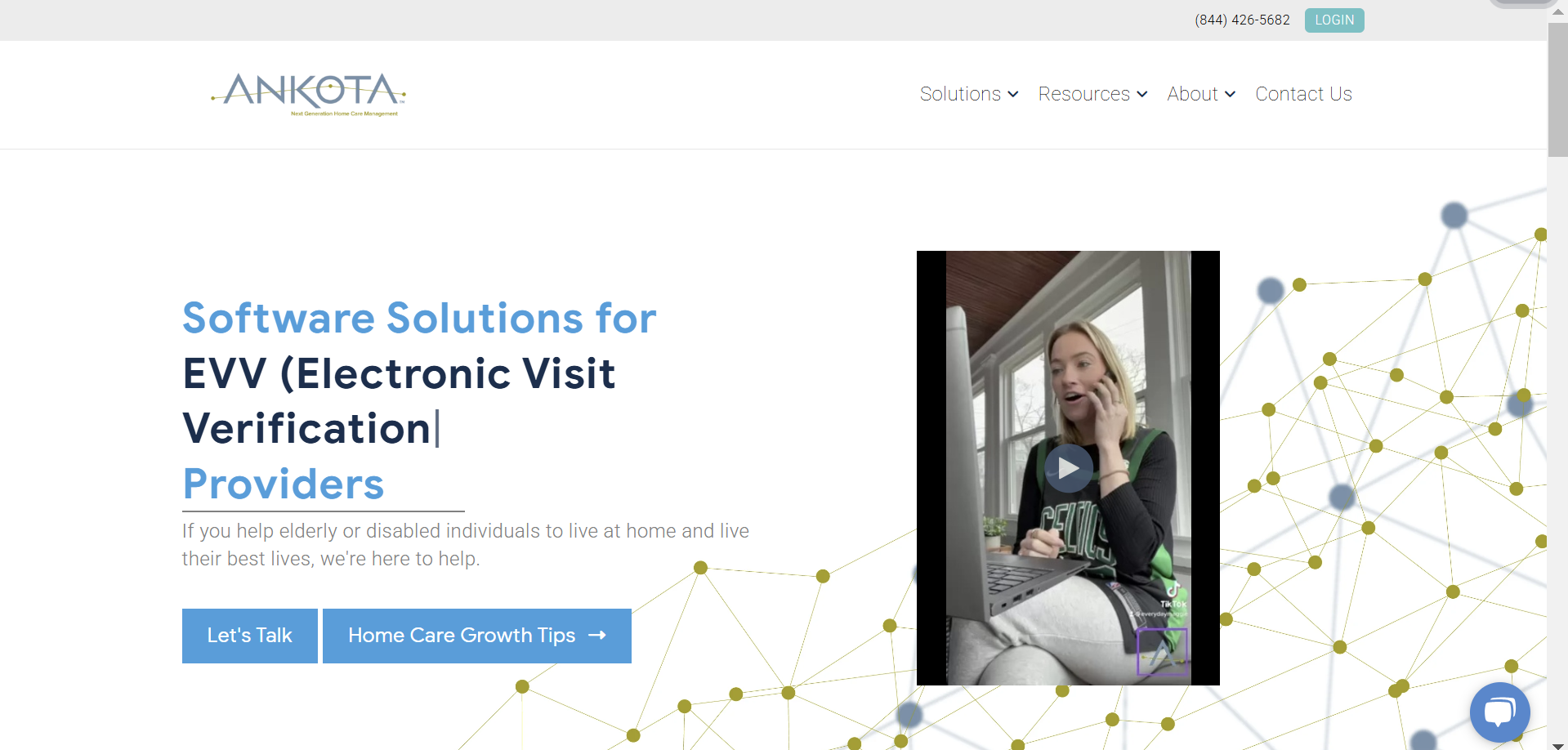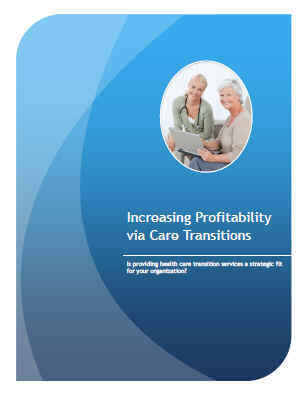Home Care Agency Startup: Hard Lessons Learned
Do you remember how exciting it was when you started your home care agency? Do you recall all the dreams you had for the future of your business? Do you also remember those times when it didn’t go exactly as planned? Those are the heart-wrenching times. And, the biggest cause for the inability to actualize a dream is the failure to take time to do a thorough due diligence during the home care agency start-up phase.
future of your business? Do you also remember those times when it didn’t go exactly as planned? Those are the heart-wrenching times. And, the biggest cause for the inability to actualize a dream is the failure to take time to do a thorough due diligence during the home care agency start-up phase.
With the increasing number of elders in the US, many people view Private Pay Services as a preferred business investment or a way to give more meaning to their work life. Regardless of the motive for a home care agency start-up, significant barriers exist. It’s good to know them to better plan for success.
Many people, in their enthusiasm to launch their home care agency start-up, go into a business without doing a thorough due diligence of the opportunities for the type of business they want to start. This seems to be especially true for the private pay industry. To conduct a thorough due diligence, you need to know the following:
• Who is the competition in the area you are planning to provide services?
• What do the other agencies offer for services?
• How much does your competition bill for their services?
• What do other agencies pay their employees?
Additionally, you need to know the financial status of the existing population. This ensures your private pay start-up is financially viable. Performing due diligence takes little time, but yields rich information. It gives you, the prospective private pay agency owner, an understanding of the kinds of services to offer, and helps drive the proforma and budget for your new agency.
An additional barrier to success is the lack of working capital. A successful private pay business requires between $45,000 to $80,000 in start-up capital. The wide variance in cost is related to states that require licensure. The double whammy for individuals starting up in some licensed states is the requirement that the new agency be located in a commercial space. If the state is backlogged on applications, it may take 6 – 12 months to get to the application for the start-up private pay agency. Meanwhile, the new private pay owner must pay rent on a space for which there is no generated revenue. Louisiana currently has an issue with Certificate of Need for private pay business. The lesson learned? Do your due diligence for your state, know the rules, if any, and have access to capital to carry you until your private pay business is up and running.
Another hard lesson learned is that starting a private pay company is a full time job that requires the undivided attention of the new owner. Many people think that they can hold a full or part time job while getting the business up and running. Lack of undivided attention to the new business can delay the private pay agency start-up by as much as a year or more.
That is the reason for working capital for the private pay agency. Much of the working capital covers salary for the owner while the new private pay company is in its start-up phase.
An additional lesson is the need to have at least two people in the private pay agency. One person works outside the agency doing all the marketing and sales and opening new clients to services. This position is best filled by the owner, who has more of a vested interest in selling the services of the agency. The second person needs to be the inside “jack of all trades.” The person in the office takes applications for employment, screens potential applicants for field services, administers tests, and conducts the first interview when tests are passed. The inside person also provides all the clerical support for the agency, including scheduling shifts for clients, payroll submission, client invoicing, preparation of the weekly dashboard/scorecard results, and maintenance of internal communications with all members of the agency.
These are just a few of the issues that arise when starting a private pay agency. Performing due diligence, along with having the capital to support your operations increases your likelihood of success.
If you are starting a private pay agency and have hit some bumps in the road, feel free to call Kenyon HomeCare Consulting for assistance. Editors Note: If you'd like to not worry about the software for your private care startup, contact us at Ankota. We have a great offer for private care start-ups that can get you up and running (securely on the web) in just a few days.
Ankota provides software to improve the delivery of care outside the hospital. Today Ankota services home health, private duty care, DME Delivery, RT, Physical Therapy and Home Infusion organizations, and is interested in helping to efficiently manage other forms of care. To learn more, please visit www.ankota.com or contact Ankota


.png)
.png)





